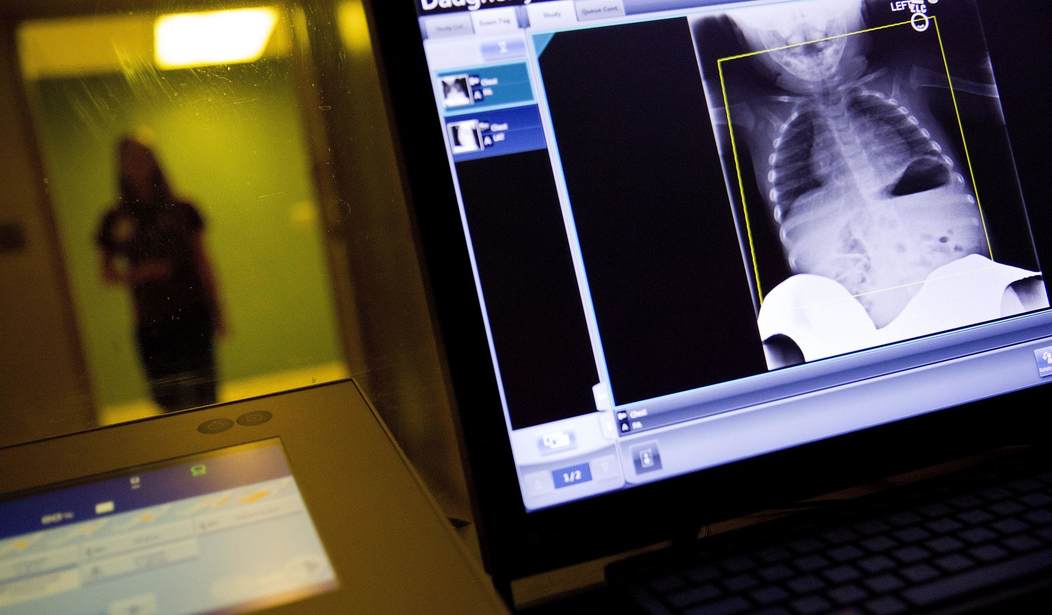I’m a bit surprised to see this pop up at the Washington Post. Author Marilyn Singleton is a medical doctor who, at the time she graduated from UCSF Medical School in 1973, was one of the only black women in her class. She saw her own success as a sign of progress and a sign that America’s fixation on race was fading. Decades later she fears it has returned.
That racial obsession has come rushing back — in academia, politics, business and even in my beloved medical profession. But now it’s coming from the opposite direction. The malignant false assumption that Black people are inherently inferior intellectually has been traded in for the malignant false assumption that White people are inherently racist.
That is the basic message conveyed by “implicit bias training,” which is now mandatory for California physicians; it is a message that I believe is harmful both to physicians and patients…
She notes that this requirement isn’t just some perfunctory box that must be checked. Physicians are required to take this training every two years for a minimum of 50 hours.
The training’s focus is on exactly what the name suggests: Deeply ingrained prejudice toward people of different races. There is no room for debate, for the law states baldly: “Implicit bias, meaning the attitudes or internalized stereotypes that affect our perceptions, actions, and decisions in an unconscious manner, exists.”…
Many of my friends and colleagues ask why I’m so upset by the law. Clearly, implicit bias training isn’t meant for me. It’s aimed at White people, who are far and away the biggest share of the medical profession. My answer is simple. I reject the unscientific accusation that people are defined by their race, not by their individual beliefs and choices. It is little consolation that studies are finding implicit bias training has no effect on its intended targets, and might even make matters worse.
The scientific evidence supporting implicit bias is very weak. It’s based on a very popular theory that bias can be measured by a computer test that involves sorting faces as quickly as possible.
If a subject takes longer sorting black faces using the computer key associated with a “good” word than he does sorting white faces using the computer key associated with a “good” word, the IAT deems the subject a bearer of implicit bias. The IAT ranks the subject’s degree of implicit bias based on the differences in milliseconds with which he accomplishes the different sorting tasks; at the end of the test, he finds out whether he has a strong, moderate, or weak “preference” for blacks or for whites.
But even the creators of the IAT have admitted it isn’t a valid test, meaning it hasn’t been proven to measure anything real or predictive of actual behavior.
Both critics and proponents of the IAT now agree that the statistical evidence is simply too lacking for the test to be used to predict individual behavior. That’s not to say the two teams don’t still disagree on many issues — they do, and as we’ll see there’s some genuine bad blood — but on this point, the architects have effectively conceded. They did so in 2015: The psychometric issues with race and ethnicity IATs, Greenwald, Banaji, and Nosek wrote in one of their responses to the Oswald team’s work, “render them problematic to use to classify persons as likely to engage in discrimination.” In that same paper, they noted that “attempts to diagnostically use such measures for individuals risk undesirably high rates of erroneous classifications.” In other words: You can’t use the IAT to tell individuals how likely they are to commit acts of implicit bias.
In any case, as Marilyn Singleton points out, there are negative consequences of requiring this training. It puts black doctors in the position of having to always be suspect of their white colleagues, something that her decades of experience working with white doctors tells her isn’t necessary. She writes that she’s only ever experienced racism on the job once and that came from a patient not a doctor. At the same time, it suggests to black patients that they can’t trust white doctors to really care for them.
She concludes, “Why are we going back to the days when race defined so many lives and dimmed so many futures?” That’s a great question. I wish more doctors in California were brave enough to ask it.








Join the conversation as a VIP Member